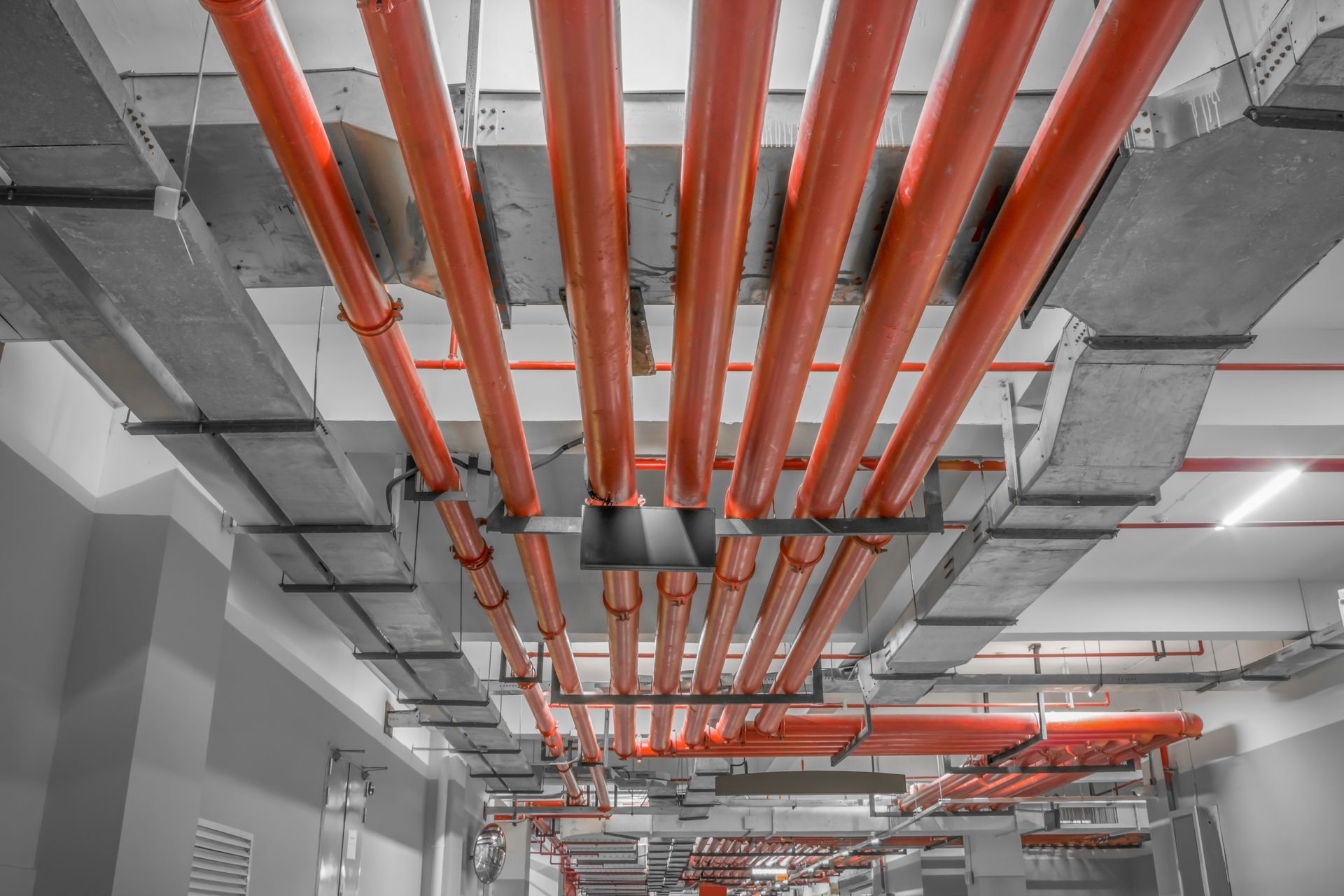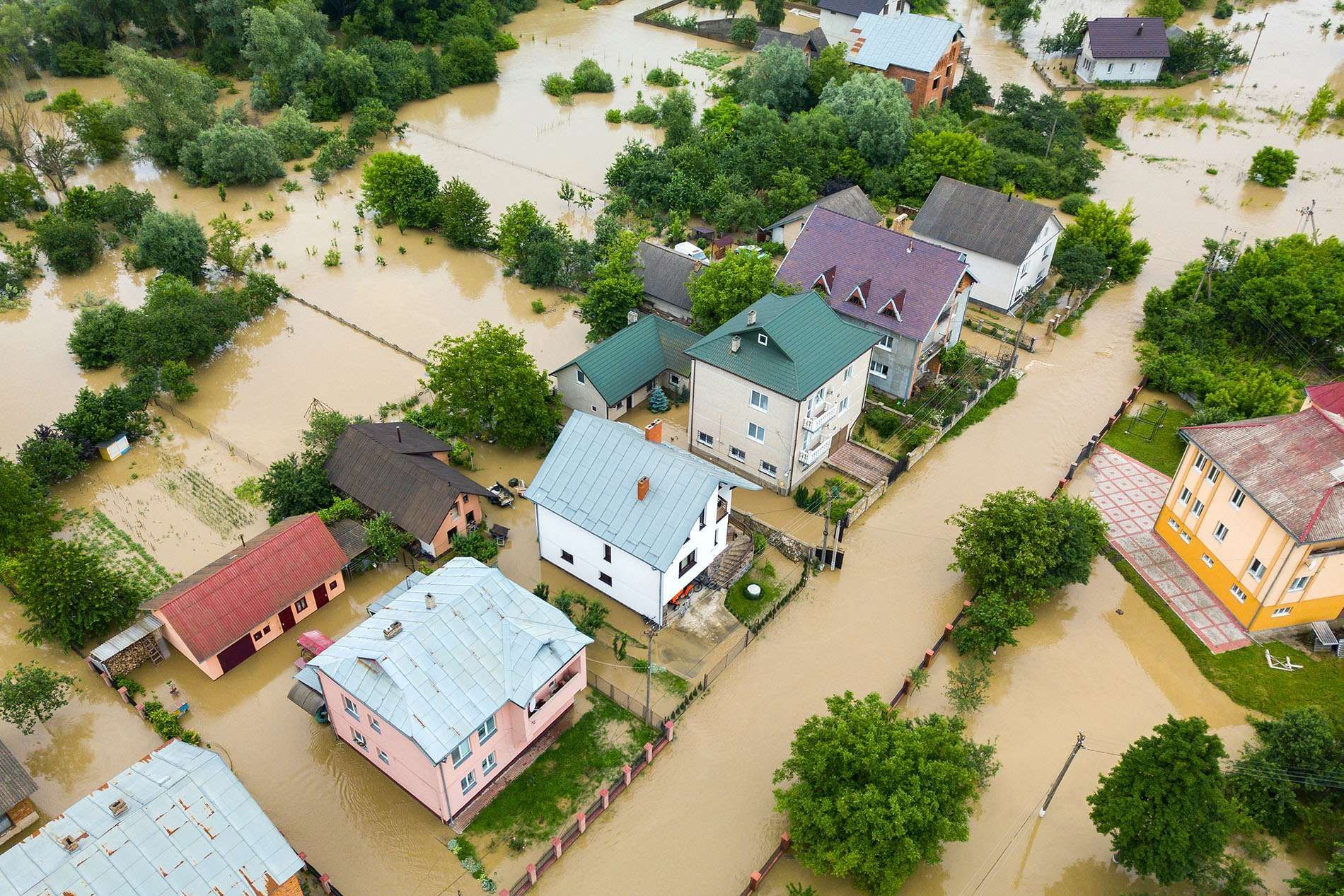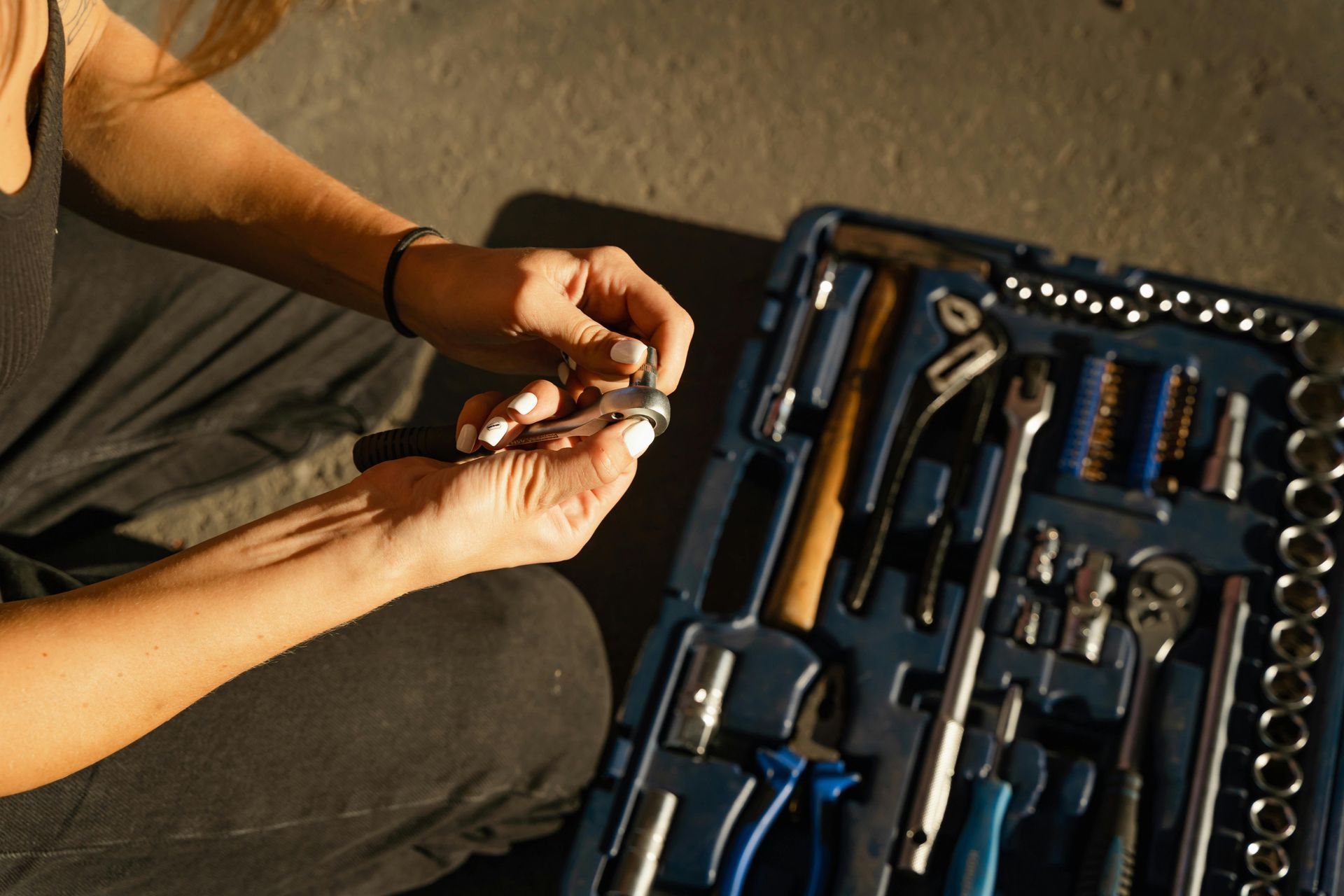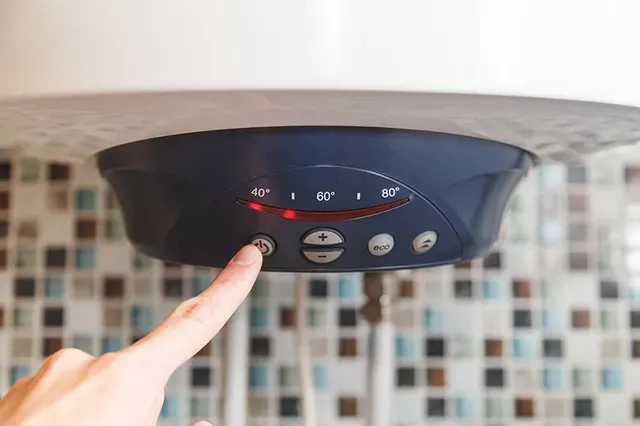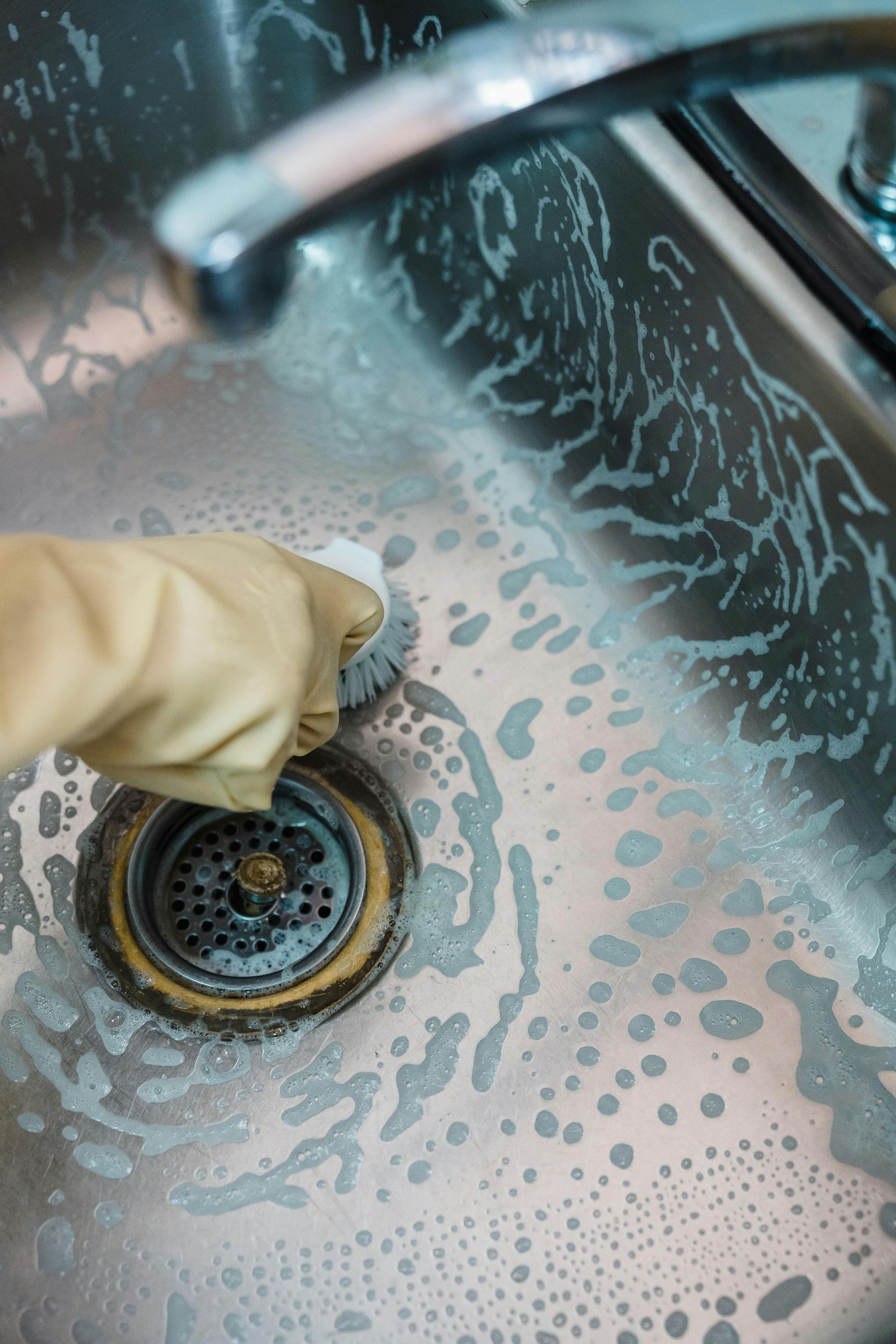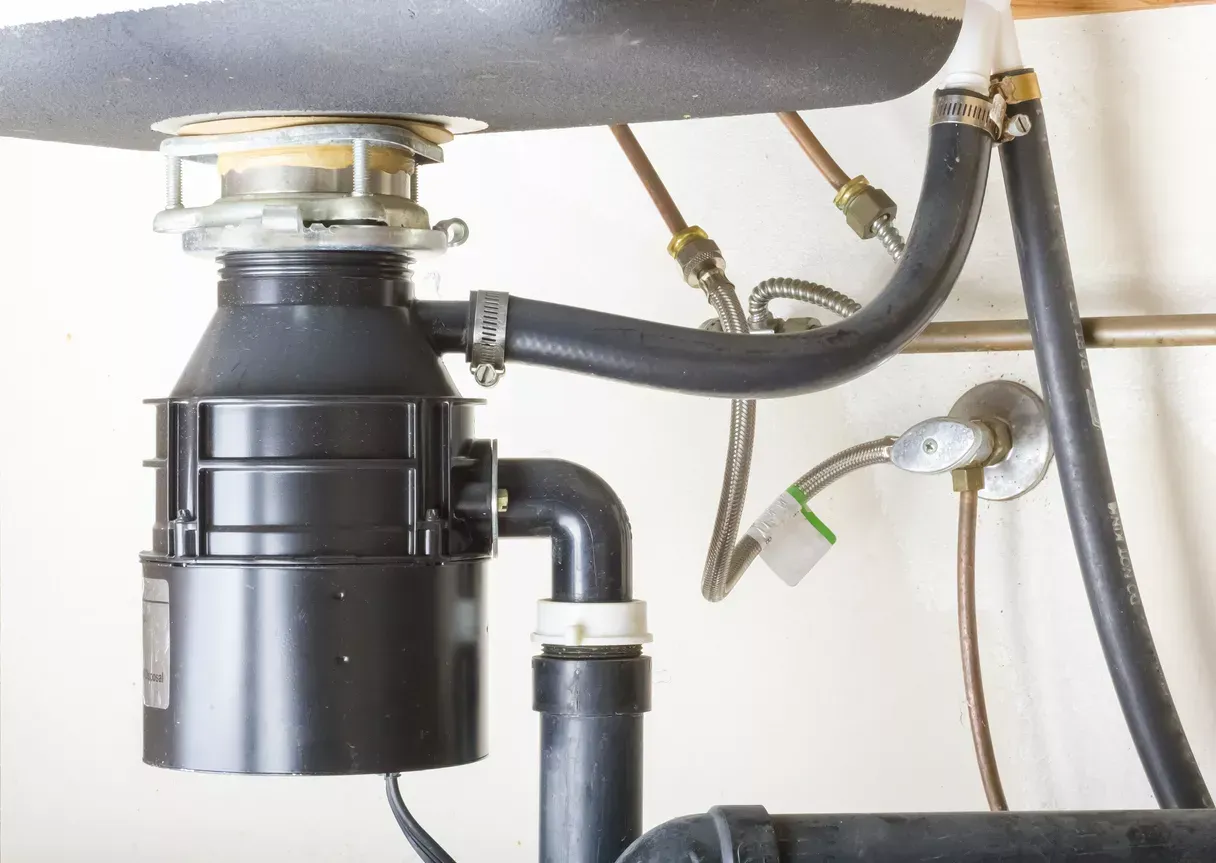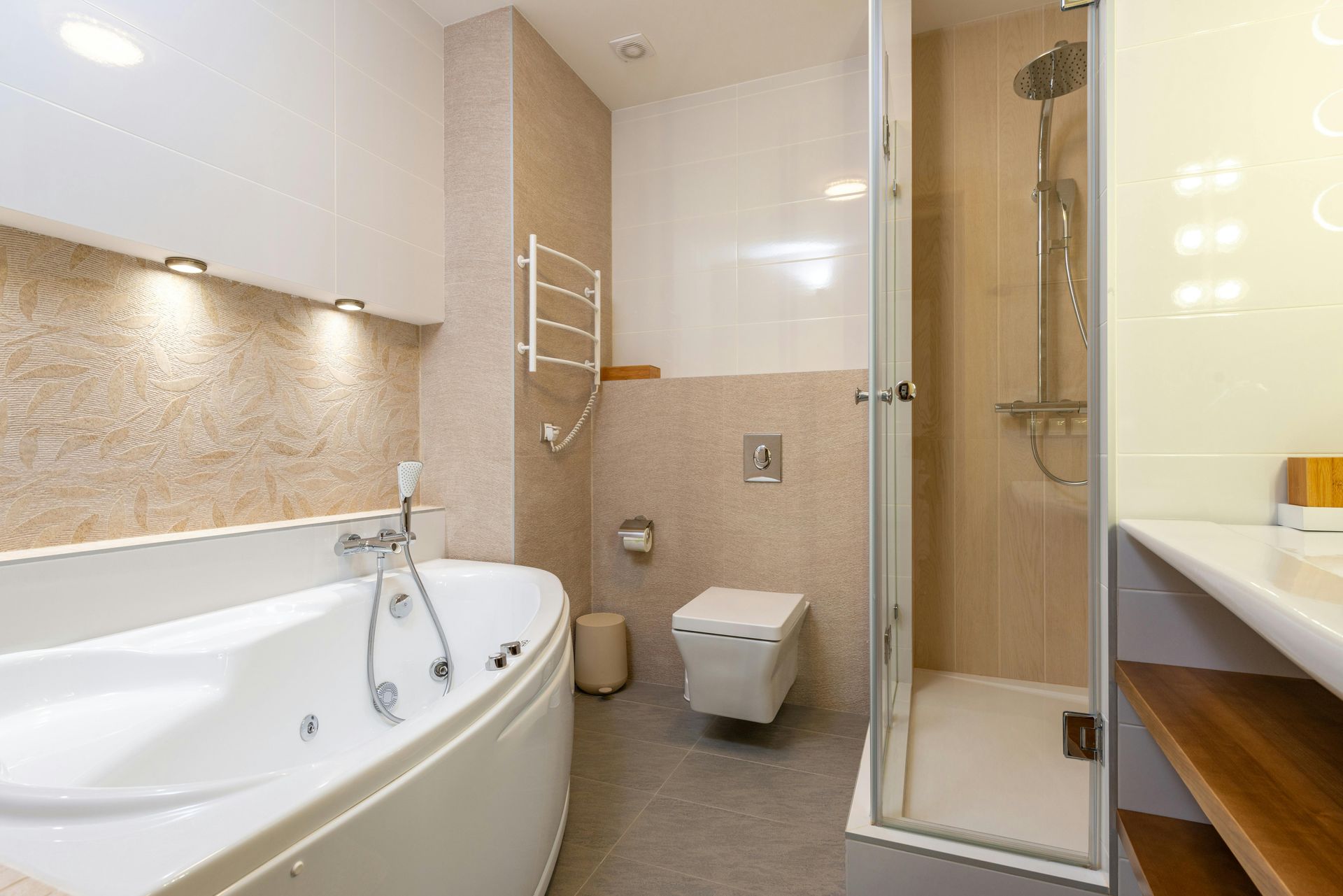What Are the Signs of a Broken Sewer Line?
Few things are as unpleasant and disruptive as a broken sewer line. It’s the kind of problem that doesn’t just ruin your day—it can lead to massive repair costs, property damage, and serious health hazards if not addressed promptly. The worst part? Most homeowners don’t realize they have a sewer line issue until the damage is already done.
A broken sewer line doesn’t always manifest in an obvious way. Sometimes, it’s a slow, creeping disaster that starts with a foul smell or a sluggish drain, only to escalate into backed-up sewage and structural damage. So how do you catch the problem before it turns your home into a cesspool? Let’s dive into the telltale signs of a broken sewer line, why they happen, and what you need to do about them.
1. Unpleasant Odors: When Your House Smells Like a Sewer
One of the first red flags of a broken sewer line is a persistent foul smell. Sewer systems are designed to keep wastewater contained and away from your living spaces. If you start noticing a rotten egg or sewage-like smell inside or outside your home, it’s a major warning sign that something is leaking where it shouldn’t be.
Sewer gases shouldn’t be escaping from your plumbing system unless there’s a crack, leak, or complete break in the line. If you detect this odor, especially near drains, toilets, or your yard, don’t ignore it—it’s likely a sign of a sewer line failure.
2. Slow Drains and Constant Clogs: The Struggle is Real
A single clogged drain is annoying but usually manageable. However, if multiple drains in your home are slow to empty or frequently clogging, you’re likely dealing with a deeper issue. A damaged or collapsed sewer line prevents wastewater from flowing freely, causing repeated blockages throughout the house.
At first, you might notice slow drainage in one fixture—like the bathroom sink or shower. But if all your drains seem to be sluggish, especially toilets and bathtubs, it’s a glaring sign that something is wrong with the main sewer line. Plunging and drain cleaners won’t fix this one—you need a professional to inspect your sewer system.
3. Gurgling Noises: Your Pipes Are Talking, and It’s Not Good
Ever hear strange gurgling or bubbling sounds coming from your drains when using the sink, toilet, or shower? That’s your sewer system telling you it’s struggling. These noises happen when air gets trapped due to a broken or blocked sewer line, causing water to drain inefficiently.
If your toilet gurgles when you run the sink or your shower drain makes odd noises, don’t brush it off. It’s a major indicator of sewer line trouble, and ignoring it will only lead to bigger headaches down the road.
4. Soggy Yard or Puddles: When Your Lawn Starts Leaking
Your yard shouldn’t have mysterious wet spots, especially if it hasn’t rained recently. If you notice soggy patches, unexplained puddles, or unusually lush, green grass in certain areas, your sewer line might be leaking underground.
Sewage acts as a natural fertilizer, so if part of your lawn looks suspiciously healthier than the rest, it’s likely being fed by wastewater leaking from a cracked or broken pipe. Not only is this unsanitary, but it can also weaken your foundation and lead to sinkholes if left untreated.
5. A Sudden Spike in Your Water Bill: Paying for a Leak You Can’t See
If your water bill has unexpectedly skyrocketed and you haven’t changed your water usage, a hidden leak might be to blame. Broken sewer lines don’t just waste water—they allow it to continuously flow into the ground, causing your utility costs to rise.
Monitor your bill closely. If there’s a significant jump without any logical reason, have a professional check for sewer line leaks. Ignoring it will not only hurt your wallet but could also lead to massive damage to your home’s foundation and surrounding structures.
6. Sewage Backups: The Disaster You Never Want to Face
This is the ultimate nightmare scenario. If wastewater starts backing up into your sinks, toilets, or bathtubs, your sewer line is in serious trouble.
A properly functioning sewer line directs waste away from your home. When it’s broken, clogged, or collapsed, sewage has nowhere to go but back up through your plumbing. If this happens, don’t hesitate—call a professional immediately. Sewage exposure can cause severe health risks and damage your home beyond repair.
What Causes a Sewer Line to Break?
Several factors contribute to sewer line failure. Aging pipes, shifting soil, tree root intrusion, and even grease buildup can compromise the structural integrity of your system.
Older homes are particularly susceptible, as sewer pipes made from clay or cast iron tend to deteriorate over time. Modern PVC pipes are more durable, but even they aren’t immune to environmental factors and accidental damage from construction work.
How to Fix a Broken Sewer Line Without Destroying Your Yard
Traditional sewer repairs involved digging up your yard to replace pipes—a costly and disruptive process. Thankfully, modern techniques like trenchless sewer repair allow for minimal excavation while effectively fixing broken pipes.
Trenchless methods such as pipe lining and pipe bursting can restore your sewer line without destroying your landscaping. Consult with a professional to determine the best repair option for your situation.
How to Prevent Sewer Line Problems in the Future
Prevention is always better than costly repairs. Here’s how to keep your sewer line in top shape:
- Be mindful of what you flush. Only toilet paper should go down the toilet—no wipes, grease, or foreign objects.
- Schedule routine inspections. A yearly sewer camera inspection can catch small issues before they become major disasters.
- Address tree roots proactively. If you have large trees near your sewer line, consider root barriers or treatments to prevent intrusion.
- Don’t ignore minor plumbing issues. Slow drains, gurgling sounds, and minor clogs could be early warning signs—don’t wait for a full-blown backup.
Conclusion: Act Fast to Save Your Home and Wallet
A broken sewer line isn’t just an inconvenience—it’s a ticking time bomb that can lead to thousands of dollars in repairs, health hazards, and severe property damage. Recognizing the warning signs early is crucial to preventing disaster.
If you suspect your sewer line is failing, don’t wait until you’re ankle-deep in sewage. Call a professional, explore repair options, and take preventive steps to protect your home. A well-maintained sewer line keeps your house clean, your yard intact, and your plumbing system running smoothly for years to come.


